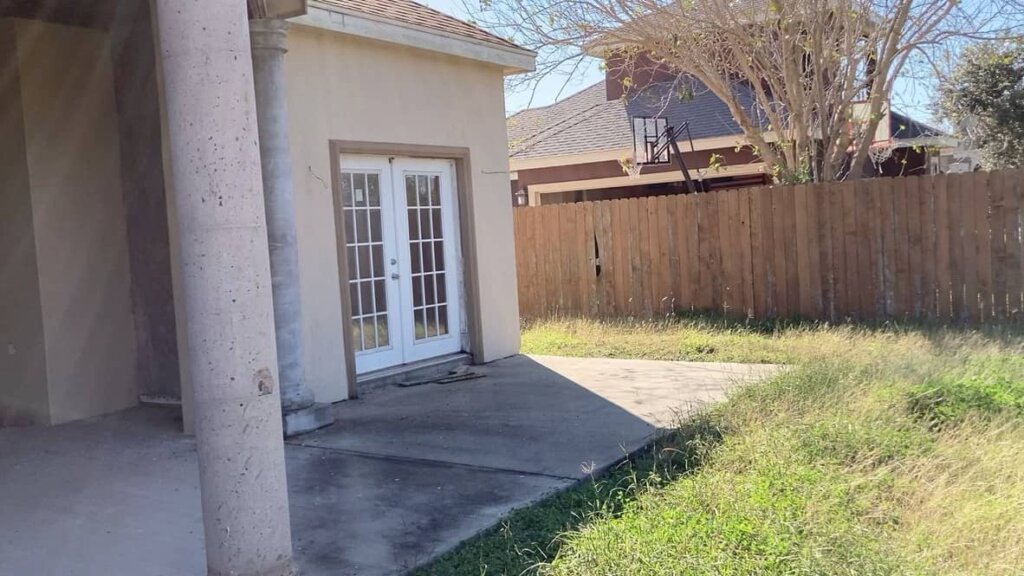
If you’ve suddenly inherited a house, you may not be prepared for the questions and issues that can arise. And if you make the wrong decisions, you will likely encounter financial, emotional, and family problems before long.
Forewarned is forearmed, they say, so here’s some of what can go wrong when you inherit a house in TX.
What Can Go Wrong When You Inherit a House in TX
You May Owe More Taxes than Anticipated
Most people don’t have to worry about estate tax because of the very high exemption (in the millions), and the estate tax was even temporarily suspended on 2010. But also mostly suspended in 2010 was the step-up provision. So in considering what can go wrong when you inherit a house in TX and when you intend to sell it, you need to consider the stepped-up capital gains situation.
The step-up provides that you pay capital gains taxes only on the gains above the fair market value at the date of the decedent’s death. It has nothing to with the price the decedent paid for the house – unless the step-up falls in one of the years when it was changed. In that case, you may owe a lot more in taxes than you bargained for.
The Mortgage May Be Bigger than You Thought
Traditionally, when an elderly parent or relative passed away in the past, the mortgage on their house would typically be fully paid off. However, in today’s changing landscape, it is not uncommon for older individuals to opt for a reverse mortgage on their property to bolster inadequate retirement funds or cover medical expenses. To qualify for a reverse mortgage the borrower must be 62 or more and have the house paid off or have a low balance, and use it as a primary residence.
It is crucial to understand that heirs cannot simply assume a reverse mortgage. Additionally, in the scenario of a conventional mortgage, mortgage assumption is usually only permissible if the heir intends to reside in the property. Therefore, if the plan is to rent out the property, it may be necessary to refinance the mortgage under your own name.
Medicaid Estate Recovery
Medicaid in Texas can take a house through the Medicaid Estate Recovery Program (MERP) if the deceased recipient’s estate has assets left behind, if certain conditions are met. It is a legal process and there are ways to get protected.
The House May Need Repairs and Upgrades
With respect to what can go wrong when you inherit a house in TX, this one may be the most costly. Most of the time, people inherit a house from a deceased elderly parent or very close relative. Besides not having the physical ability to perform maintenance and upgrades, many elderly people don’t have the money for it either. And if they do, they may simply choose not to because they know they won’t be living in the house very many more years.
If you plan to live in the inherited house, this may not be a huge concern. But if you intend to rent it or sell it, you’ll have to make repairs to make it presentable and upgrades to bring it up to code and meet other legal and insurance requirements. Installing a new HVAC system or re-wiring the house will involve a big chunk of money.
You May Have Problems with Relatives and Joint Heirs
But what if you’re not the only heir? With multiple heirs there can be some problem to get everybody on the same boat. Suppose you and your siblings inherited the house jointly. If you want to sell it, your sister may want to rent it, and your brother, keep it to live in it. And it gets more complicated when you involve spouses and grandkids and everyone has an opinion.
In most states, joint heirs of a home are considered tenants in common, and one heir can force a sale if it comes to that. The process, however, is expensive, and the emotional and familial consequences are likely to be highly unpleasant.
So what can go wrong when you inherit a house in TX? Quite a lot, actually, if you’re not up to speed on tax laws, mortgages, and upgrade issues. It is best to contact a qualified professional to help head off these issue quickly.

